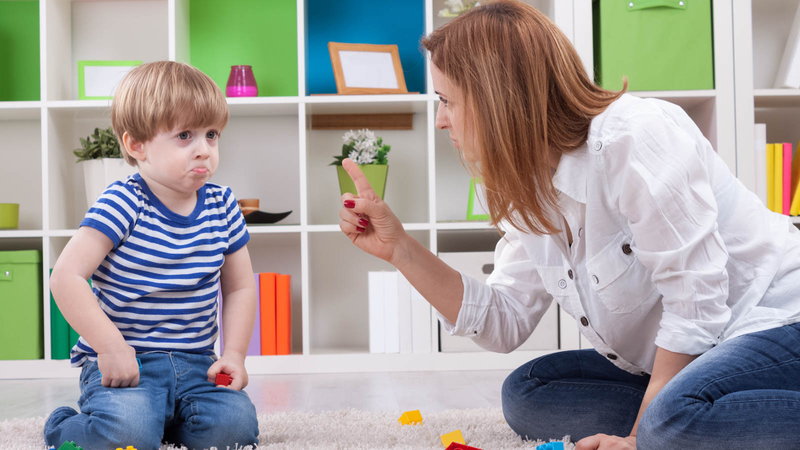
By Mark Brandenburg MA, CPCC
“This was the worst day of my life!” my son hissed.
“First, mom shrunk my favorite hat, then you guys lost my favorite book, then I did my alphabet for you and you didn’t even care!”
My seven-year-old son wrapped his arms around his head and tried his best to “shut out the world,” including me. My first thought was to convince him things weren’t so bad, and that tomorrow would be a better day. But by doing that, I’d also convince him that I didn’t understand his feelings, and what he was going through.
“Sounds like a pretty rotten day,” I replied.
That was all he needed.
For the next fifteen minutes, he told me about all of the awful things that he’d gone through, and who had committed the “crimes.” We ended the night in laughter, talking about the possibility of running naked through a winter storm to the corner store and back. It was decided neither of us would try, but we could do it, “if we really wanted to.”
Later that night, I thought about my son’s anger and his rapid recovery. I thought about how much more our kids share with us these days, and how little I shared with my parents. And I thought of what a blessing it is to have a son who’s able to share his life with me.

Back in the days of seeing and not hearing children, parents could often skip the part of parenting that involved listening closely and empathizing with their children. They could tell their kids to “shape up” or “stop whining” when they were struggling, and they could control them with fear. Children would respond by stuffing feelings down and holding onto their anger for long periods of time.
After my son had shared his feelings with me, I shared with him how glad I was that he could tell me what was bothering him. I told him that “anger energy” needs to be released from your body, or it starts to grow. And I shared that I was glad he didn’t have to stay angry as long as I did when I was a child, because I didn’t learn the “secret” of talking about my problems with someone I loved.
Helping Children Grow

If we are to listen well, we must open ourselves to the good, the bad, and the ugly in our children. At times, it is excruciatingly difficult to listen, when we want them to “get over it.” But all they need is one comment to show them we understand, and their mood shifts before us. All we need is to understand that kids are not adults, and that they often feel their emotions more strongly than we do.
They will remember how you responded to their emotions for the rest of their life.
So the next time your child is struggling, remember the blessings within the struggle. Remember the opportunity to join your child with kindness and compassion.
Finally, remember that if you really want your child to “get over it,” you’ll have to get over it first.
About the Author
Mark Brandenburg MA, CPCC, coaches parents by phone to balance their life and improve their family relationships. He is an Instructor for the Academy for Coaching Parents and author of “Secrets of Emotionally Intelligent Fathers” Ecourse: http://www.markbrandenburg.com/25_secrets.htm and http://www.markbrandenburg.com/marks_ebooks_and_courses.htm.
